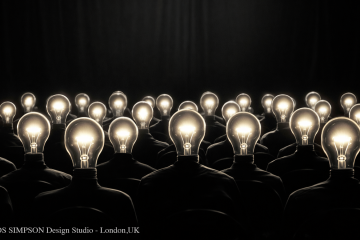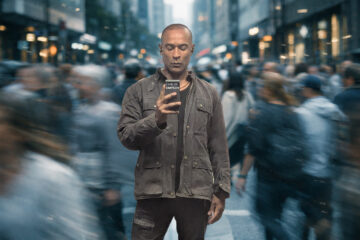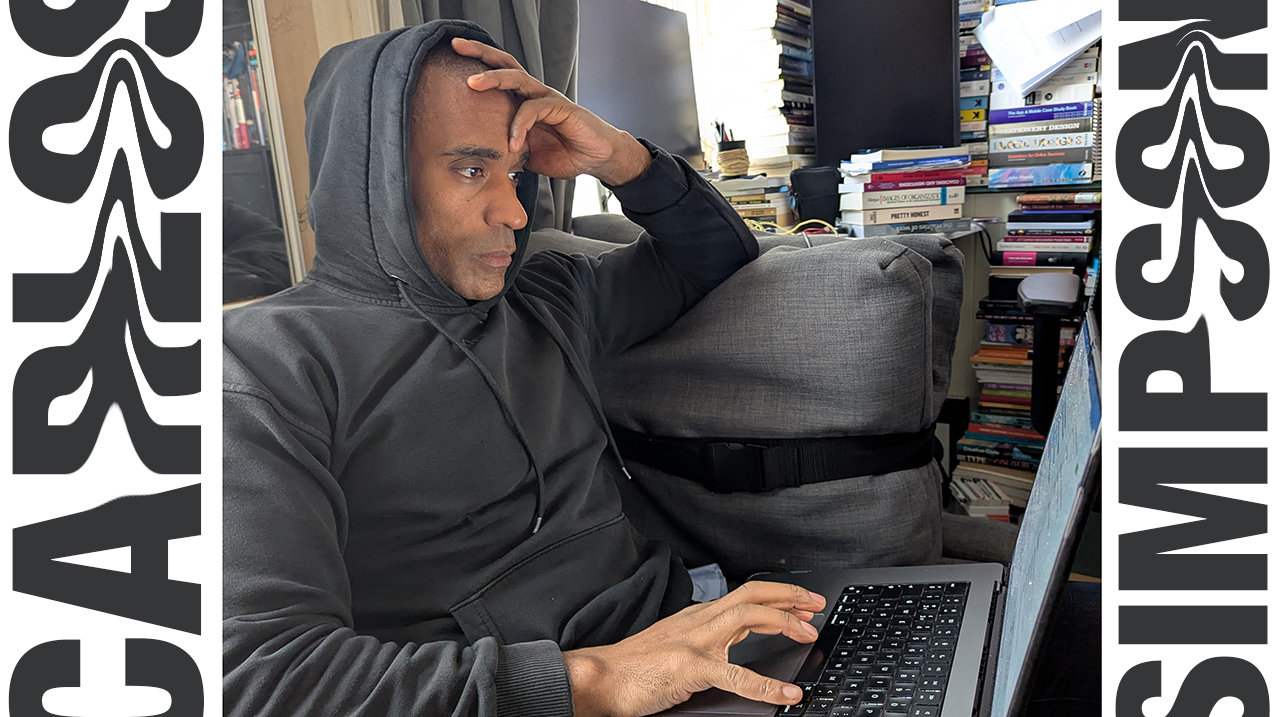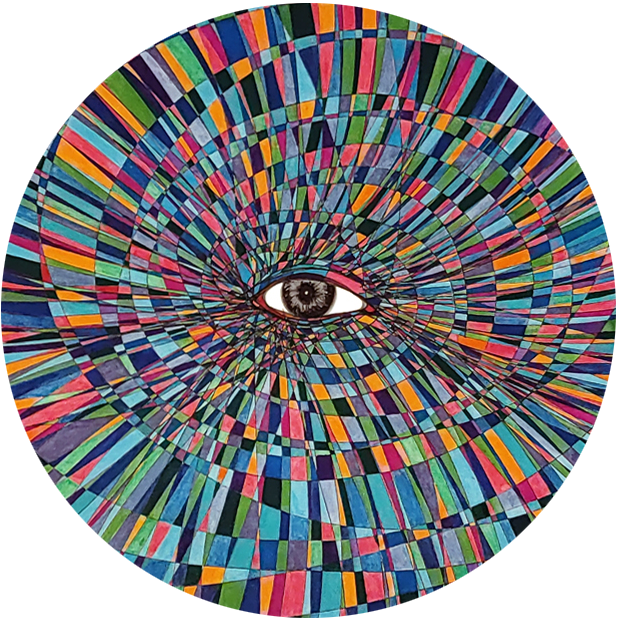Thank you for reading this post; don't forget to subscribe!
Why Copyright Still Matters
In 2023, I released GOODbye, a conceptual music and visual project reflecting on identity, loss, and invisibility. The artwork, marked by its minimalist design of a solitary figure in black with a circular void obscuring the face, became a symbol of emotional detachment and existential silence. In fact, in 2012 I posted the image on my Facebook as part of my project Sol Solo.
In 2025, a major fashion magazine published an editorial cover with a remarkably similar visual concept: a central figure in black, surrounded by a stark circular shape, rendered in monochrome. While this may be coincidence or unconscious influence, it raises a vital question for all artists working in today’s digital world:
How do we protect originality in the era of AI and infinite image circulation?
The digital landscape has accelerated the sharing and remixing of ideas, often without credit or context. Now, AI-generated visuals trained on vast datasets of human artwork produce endless variations of pre-existing aesthetics, blurring the line between inspiration and imitation.
This makes copyright and authorship more important than ever. Not to restrict creativity, but to ensure that artists, human artists, are seen, credited, and protected.
As AI reshapes creative industries, here’s what matters:
– Timestamps and documentation are essential to prove authorship.
– Ethical standards for AI-generated content must be established, including source attribution.
– Audiences and platforms must be educated to recognise the value of original work.
– Creators must speak up when their work is echoed without acknowledgement.
The album “GOODbye” stands as a timestamp of originality, a visual and emotional statement rooted in intention, not algorithmic probability. When visual language echoes without recognition, it’s not just about style; it’s about erasing the story behind the image.
In this digital age, originality is fragile, and protecting it is not optional.
It’s our collective responsibility as artists, audiences, and innovators.
AI Ethics and Creative Safety: What’s at Stake
As artificial intelligence becomes more embedded in creative processes, the conversation must go beyond aesthetics and productivity. It must address ethics and safety not just for users but for the human creators whose work feeds these systems.
AI models trained on vast, uncurated datasets are capable of replicating artistic styles, design languages, and even culturally sensitive visual codes, often without consent, attribution, or awareness of context.
When AI tools recombine our creative DNA without boundaries, they do not just imitate; they erase the human story behind the original work.
Key ethical concerns include:
- Consent: Artists rarely opt in to have their work included in AI training datasets.
- Attribution: Current systems lack mechanisms to credit original creators when visual outputs mirror their styles or ideas.
- Misinformation & Misuse: AI-generated content can blur reality, enabling visual plagiarism, reputation damage, or false attribution.
The creative industry must push for ethical AI standards that include:
- Transparent sourcing of training data
- Opt-in/opt-out controls for creators
- Fair use policies adapted for AI
- Attribution tagging or watermarking of AI-generated content
Protecting originality in this landscape is not just about copyright; it’s about creative safety in a world where digital replication happens at machine speed.
Silence is not absence it’s identity waiting to be recognised.
★ Have you ever seen your ideas, art, or words echoed without credit? I’d love to hear your thoughts on originality in the digital age; drop a comment or message me.
★ Create your own interpretation of the theme behind the ‘GOODbye’ identity, silence, and departure using any medium (photo, video, or words). Tag me and use #GoodbyeReflection so I can feature a few.
★ For those who’ve followed my journey through music, design, and visual art, you already know how personal ‘GOODbye’ is. This blog is part of that story. Thank you for recognising my voice in a world that often forgets to credit its echoes.
★ If ‘GOODbye’ spoke to you or if you’ve ever wrestled with the silence that follows creation, share your story. Tag me. Let’s protect what matters most: our voice.






